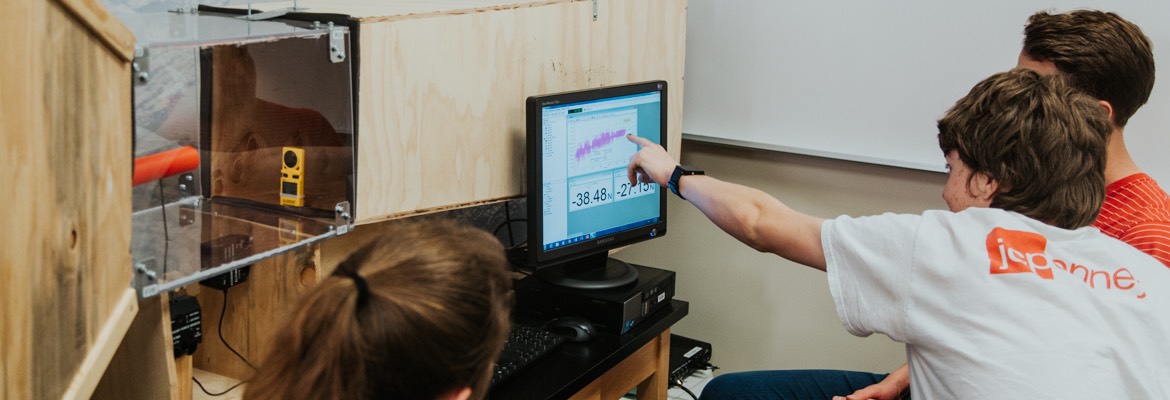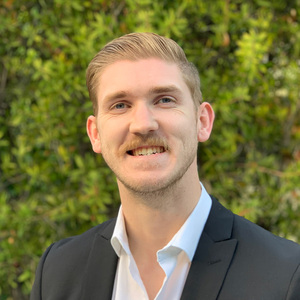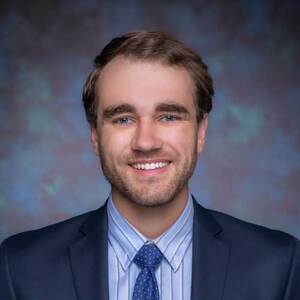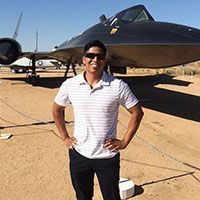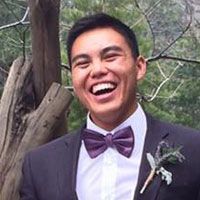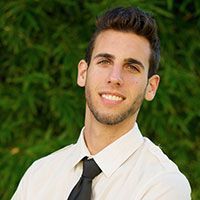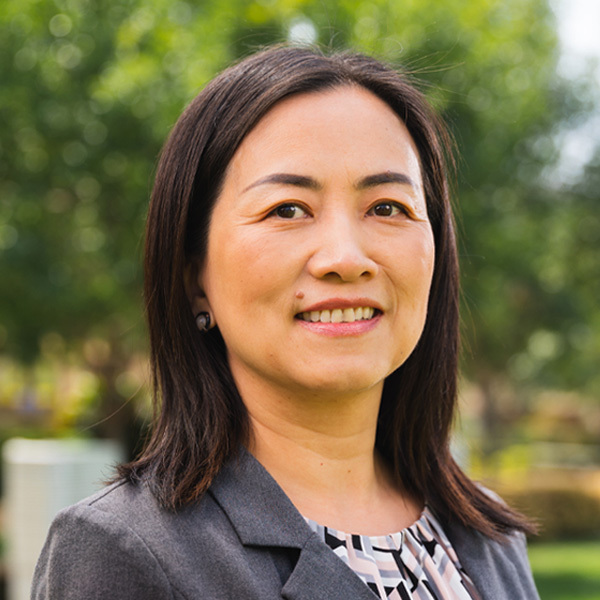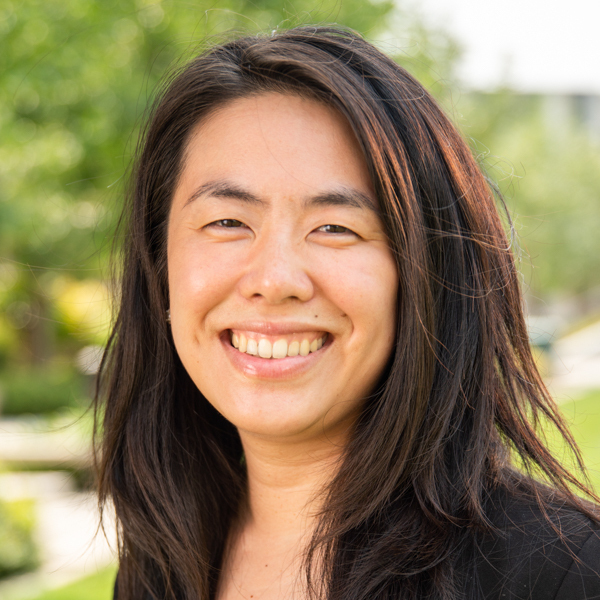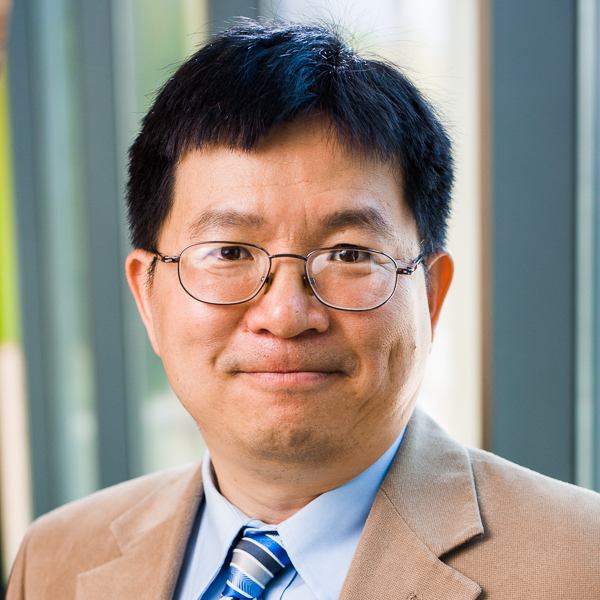B.S. in Engineering Physics
Through Biola's engineering physics program, which includes a partnership with the University of Southern California, students receive two baccalaureate degrees — an engineering physics degree from Biola, and upon admission, an engineering degree from USC or another accredited university. These two degrees will prepare students for careers in a wide range of industries and government agencies.
In addition to its strong curriculum, expert faculty members and biblical integration, Biola’s engineering physics program offers several key advantages:
- Enjoy a Christian college atmosphere for three formative years that will prepare you to succeed in a secular environment.
- The 3+2 program allows you to receive two degrees in five years — one from Biola University and, upon admission, the other from the University of Southern California.
- Biola’s location in Southern California — one of the world’s largest and most diverse metropolitan areas — is ideal for internships and opportunities to work in local industry.
- Small class sizes provide for individual instruction.
- Graduates of 3+2 programs are often preferred for initial hires over regular engineering majors.
- Biola’s engineering physics program — housed in the Biola.io Tech Division — allows students to explore a variety of engineering fields before choosing their specialty.
- Well-equipped laboratories at the Lim Center offer hands-on experience and opportunities to put your learning into action.
- Be mentored by expert faculty who integrate their Christian faith into their lives as researchers, teachers and ministers in local or global communities. Students have opportunities to be involved in directed research with faculty, participate in presentations at various conferences and co-author peer-reviewed journal articles. Learn more about our faculty and student research.
